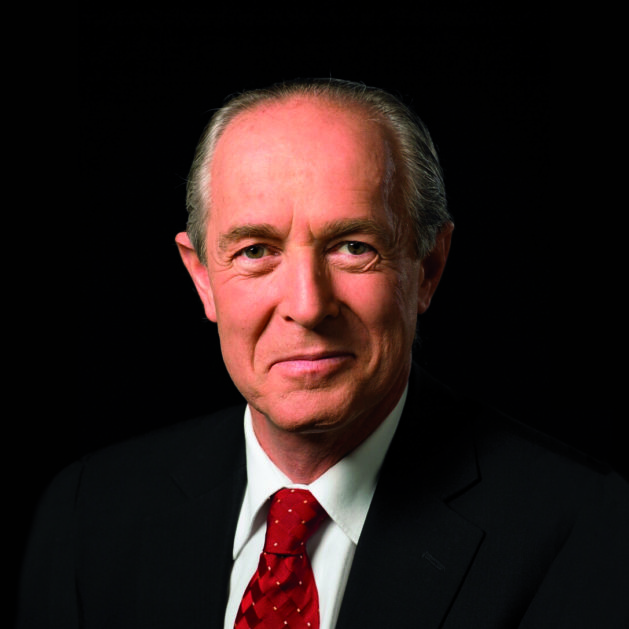The coronavirus lockdown means we’ve had to cancel the inaugural launch of revolutionary Sernik System For Big Case Dentistry in Europe (slated for three locations in the UK and Ireland from May 11 to 15). Happily Michael Sernik is hosting a live webinar for Fine Company on May 4 free of charge. Sign up here.
We began working with Michael last year after noticing that associates could deliver way more practice growth. Until then we had been helping our clients focus on recruiting better associates, negotiating contracts and generating new patients, rather than grappling with the most difficult aspect: why do associates find it difficult to reach their Average Daily Yield (ADY) potential?
Dan Fine flew to Sydney to watch Michael deliver his course, seeking an answer to the riddle: what was the x factor needed to get associates to consistently break beyond an ADY of £3k a day? Dan immediately realised Michael’s course had the answer so we arranged to bring Michael to Europe to teach it to as many dentists over here as possible.
Michael says: “A lot of dental communications courses are full of tired customer service cliches. These messages could apply to any industry and we tend to hear them rehashed all the time. I’m allergic to feel-good motivational messages. I’m not into faith-based dentistry. I don’t buy the idea that ‘all you need to do is have belief in yourself and you’ll be successful’.
“My mantra is if you have the skills, you’ll get the belief. So, if you listen to this webinar, I promise you’ll only hear useful hardcore information that you’ve never heard before. It was all created out of many years on the tools. This isn’t obvious if you haven’t been trained — it’s not just out of another sales book. How do you get a patient to want treatment for a problem that’s not hurting them? You can point out that they have a pocket or require a crown, but if they feel they haven’t got a need they will assume you are upselling.
“Patients hate being sold to. The problem is that when a healthcare professional has a pecuniary interest in selling treatments it creates a toxic environment. We need a technique that prevents us from looking like we’re selling, and that’s what my course is about. My approach uses negative psychology so that at the end of a conversation it’s the patient pushing for treatment, not the clinician. If you’ve eliminated any potential of being rejected by your patient and receiving a negative review from them, you’ve come a long way. It means your technique is effective and powerful — that’s what my course is about.
“If you are completely ethical and aren’t trying to sell your patient anything, and you are basically allowing the logic of what needs to happen to rule, you make yourself neutral. Counterintuitively, the more you appear to care the more this can cause a negative reaction from the patient. The person who cares the most should be the patient.
“Of course the clinician should care, but if we care more than the patient then often they are repelled and feel like we’re pretending. One has to take a neutral emotional position through the whole process. Allow your patient to know that essentially this is their problem, and it will be their solution.
“It’s their choice, it’s really up to them. That encourages the patient to own the problem. We want that, we want to let them feel they understand it, with no interference from us. It gives them a strong sense of responsibility and control if they feel like it’s dumped on their lap. The more you show them the problem and explain it the more it can hurt you.
“If you have a strong drive to get patients to buy, that will come through in the way you talk. Instead, be like an independent assessor with no interest in what the patient chooses. The metric we should be using for success is not “does the patient buy?” but “do they understand the consequences of their condition completely?” That shifts everything away from you.
“Dentistry is somewhat unique because when someone goes into a store they are usually an interested consumer, looking at prices and options. Dental patients aren’t consumers in that sense, they’re hoping nothing happens, and they’re suspicious. It’s a uniquely sensitive sales situation because they’re there at gunpoint — that’s what makes dentistry different.
“The real challenge for owners is often the big ADY differential between the newest associates and the experienced ones. Communication is the root cause of different incomes, whereas clinical skills are actually quite easy to top up. This is a communications challenge and while doing more clinical courses is the norm for junior associates and it is useful, it typically isn’t addressing that discrepancy of income.
“The most common regret from owners about my training is “I should have brought everybody”. I’ve heard that a million times. They have difficulty explaining it to their associates. A lot of dentists don’t like to be coached by other dentists in their practice. When a third party consultant is involved it feels like everyone can listen, but when one person in a company is pushing people around it doesn’t work well, and it’s hard to pass these valuable messages on.”
These skills will be even more needed as practices reopen in a deeply depressed consumer marketplace.
Best wishes
JJF

